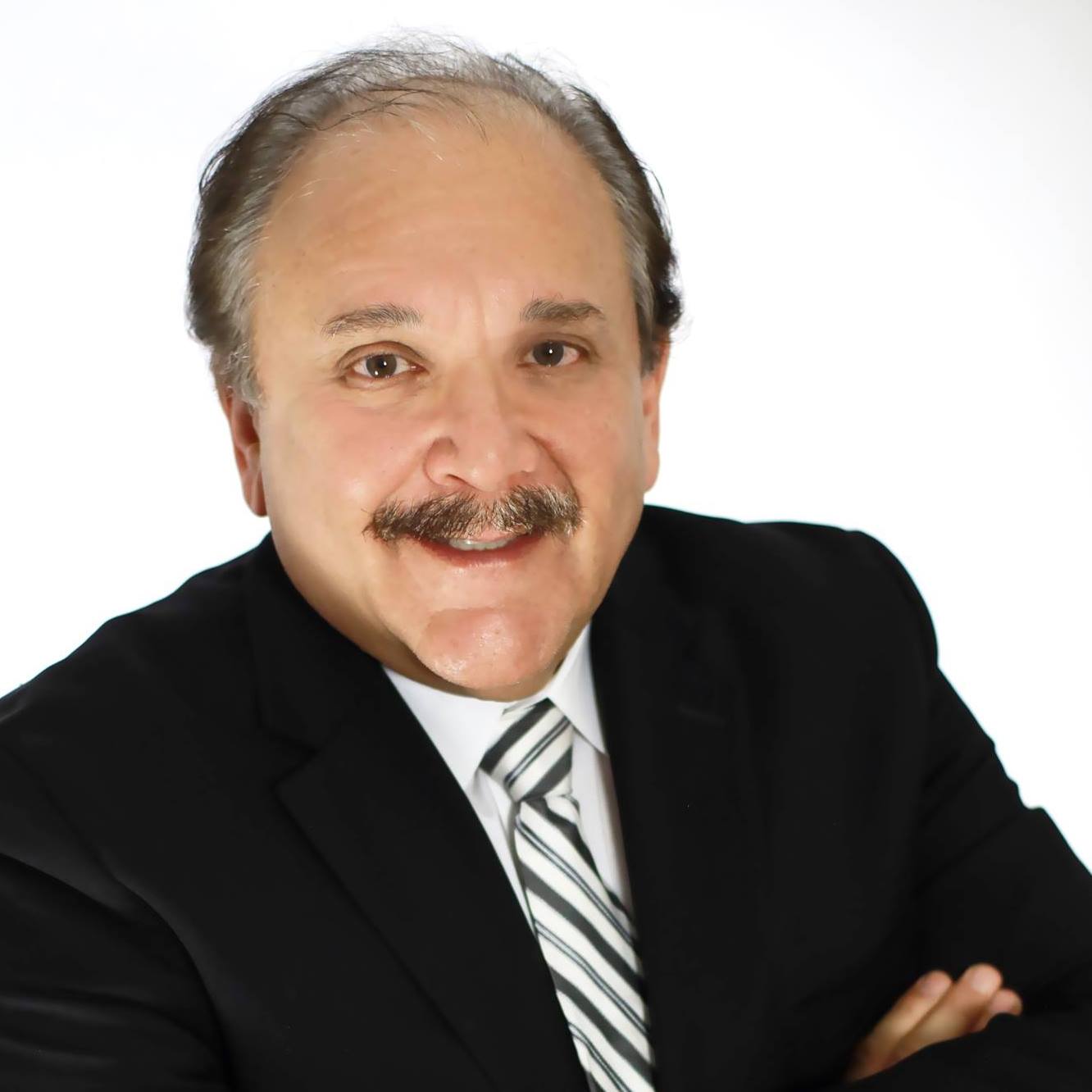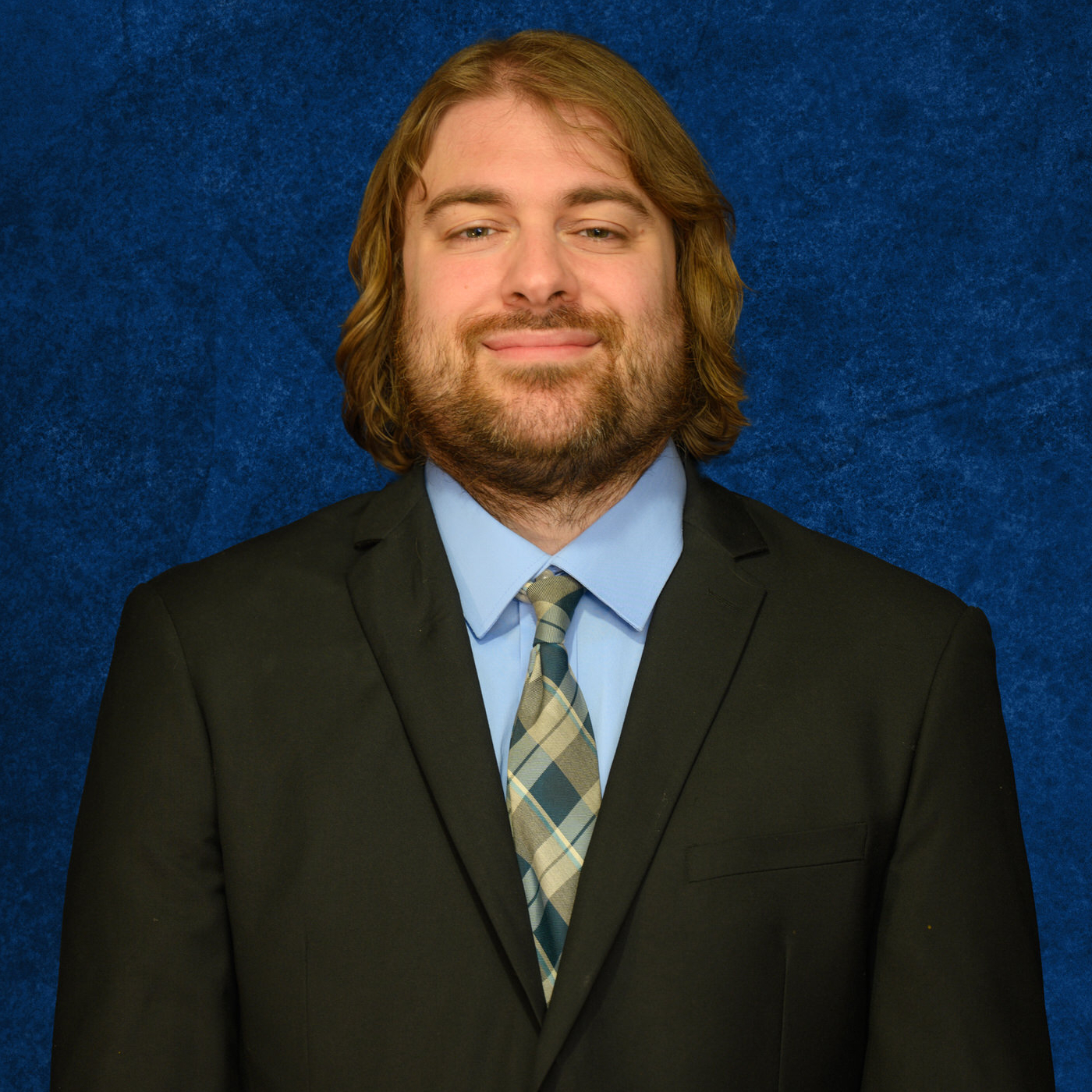Many people might associate estate planning as something done by those who are old, ill or incredibly wealthy. However, even younger adults with no dependents and fewer assets can benefit from creating a will, possibly a trust, and advanced directives such as Durable Powers of Attorney and Healthcare Powers of Attorney.
If you have just started thinking about your estate plan as a millennial, you are not alone. Many professionals, now coming into their prime, want to protect their assets. Some people, inspired by the last few years, want medical directives in place. Still others want to provide for their children or pets in the event of their untimely death or incapacitation. If you have minor children, it is very important that you protect them by nominating a guardian for them.
Demand for estate planning has risen
There has recently been a major surge in estate planning by this generation. A recent survey conducted by Trust & Will showed that among the 23,000 millennials surveyed, about 75% have created an estate plan of some sort.
Millennials statistically prefer wills over trusts, but even middle-class millennials have recently started creating estate plans that include trusts. A properly funded trust can help you avoid the costs, time and stress associated with Probate.
If you have started a great job, gotten married, had children or bought a home, you probably could benefit from creating an estate plan.
What documents do you need to draft?
If you are about to get started on your comprehensive estate plan, you may not know which legal forms are necessary given your circumstances. Almost everyone will benefit from having a will, although trusts can be incredibly useful as well.
Trusts can protect property from going through probate, grant you more control over your wishes and reduce the likelihood of estate taxes. Trusts can also be important for those who want to protect a companion animal and ensure its quality of life if their owner dies while the animal is still alive.
A will can allow you to designate recipients for specific assets or the remainder of your estate if much of your property is in a trust. A will is also where you can name a guardian for your minor children.
Remember, a will, by definition, means that your assets will be subject to probate.
There are also advanced directives, which allow you to explain your medical preferences, and powers of attorney, which empower people to take control of your finances or medical matters if you are unable to do so.
Procrastination may leave you vulnerable
One of the reasons so many millennials have started estate planning is that they may have realized that as they approach middle age, there are no more guarantees in life. They want to protect themselves and their loved ones if they experience a sudden medical emergency.
As you get started, take some time to think about your obligations to your family and to yourself and the impact you would like to have on the world around you. Being thoughtful about what is important to you can help you create an effective estate plan that accomplishes your goals and provides for your loved ones.






